The power of music is to connect mind, body, and peace.
Join our online community by signing up for email updates and newsletters
Blacktown Dementia Music and Memory

From CBC
Restrictions on care home visits traumatize families, caregivers
Anxiety over separation of family members from those in care on rise as COVID-19 infections regain momentum.
Read more
Read more

From CBC News
Liberals table legislation to expand access to assisted dying
The Liberal government tabled legislation Monday to amend the rules on medical assistance in dying (MAID), repealing the requirement that a person's natural death be "reasonably foreseeable" and disqualifying those whose sole underlying condition is a mental illness.
Read more
Read more
Building on the Framework on Palliative Care in Canada
Living Well Until the End of Life
Making Palliative Care a Priority
Most Canadians living with life-limiting illness wish to remain independent and receive the care they need at home or in their community. Improved access to palliative care in a variety of health care settings is critical to making that happen. That is why the Government of Canada has made palliative care a priority.
Read more
Living Well Until the End of Life
Making Palliative Care a Priority
Most Canadians living with life-limiting illness wish to remain independent and receive the care they need at home or in their community. Improved access to palliative care in a variety of health care settings is critical to making that happen. That is why the Government of Canada has made palliative care a priority.
Read more
From Folio
Medical Researchers Developing Tool to Make End-of-life Care More Effective
A new U of A project is hoping to provide patients and health-care providers with a roadmap for treating the final stages of chronic illnesses that will boost standards of care and help more patients stay out of the ER and hospital.
Read more
Read more

From Huffpost
What You Need to Know About Dying at Home
The act of dying ultimately becomes "a 24-hour-a-day process" and patients usually need increasing levels of care as they draw closer to the end. Ideally, a multi-disciplinary team of doctors, nurses, personal-care workers and others should be involved in your care. Here is what you need to know.
Read more
Read more
From The Community Press
New Type of Volunteer Program Aims to Improve Quality of Life
 PDF
PDF
From ehospice
Stumbling Towards Death: How do Canadians Die? Often not how or where they want

Most of us would prefer to die at home, but almost two-thirds of us will die in a hospital. Only one in six Canadians receive formal palliative support, and often just in the final weeks of life. Most seniors admitted to hospitals would prefer less aggressive treatment than they receive, yet up to 15 per cent will die in intensive care, subject to the most invasive interventions medicine can offer.
Read more
Read more
From CBC News
Memorial tattoos part of grief process, says Waterloo prof

After speaking to people about their tattoos, Susan Cadell says each image tells a rich story.
When Susan Cadell was leading a grief support group a few years ago, something caught the social worker's eye: tattoos.
Cadell told CBC K-W that many in the group were getting tattoos to memorialize their lost loved one. She said even people who had never considered getting a tattoo before were now getting inked.
Read more
When Susan Cadell was leading a grief support group a few years ago, something caught the social worker's eye: tattoos.
Cadell told CBC K-W that many in the group were getting tattoos to memorialize their lost loved one. She said even people who had never considered getting a tattoo before were now getting inked.
Read more
From the Globe and Mail
Why we need a clear definition of when death occurs

Ontario Superior Court Justice Lucille Shaw released her long overdue decision this week in the case of a young Brampton woman pronounced dead in September, 2017, six months after closing arguments ended.
Read more
Read more
From Crisis & Trauma Resource Institute
Children and Trauma: Strategies for Support

By Trish Harper, MSW, RSW
A therapy dog provides comfort and affection, and helps reduce anxiety in the settings it is invited into, such as hospitals, airports, schools and long-term care facilities. Think about the last encounter you had with a friendly, furry canine, and I dare you not to smile!
Read more
A therapy dog provides comfort and affection, and helps reduce anxiety in the settings it is invited into, such as hospitals, airports, schools and long-term care facilities. Think about the last encounter you had with a friendly, furry canine, and I dare you not to smile!
Read more
From Lion's Roar
How to Be a Friend Until the End

By Frank Ostaseki
A friend or family member shares the news of a life-threatening diagnosis or we see them stumble on a curb or over their words, and in that moment we realize that we’re about to become a companion to someone facing death. Perhaps it’s a conscious choice. Maybe we feel we have no choice.
It’s important in the beginning to remember that we already know how to care.
Read more
A friend or family member shares the news of a life-threatening diagnosis or we see them stumble on a curb or over their words, and in that moment we realize that we’re about to become a companion to someone facing death. Perhaps it’s a conscious choice. Maybe we feel we have no choice.
It’s important in the beginning to remember that we already know how to care.
Read more
From The Guardian
The friend effect: why the secret of health and happiness is surprisingly simple

A study has found that regularly eating meals alone is the biggest single factor for unhappiness, besides existing mental illness. Why is hanging out with friends so helpful?
Read more
Read more
From BBC
Why We Need to Face Our Own Mortality
From Forbes
All Health Care Is Social: The Increasing Significance of Social Interaction and Health
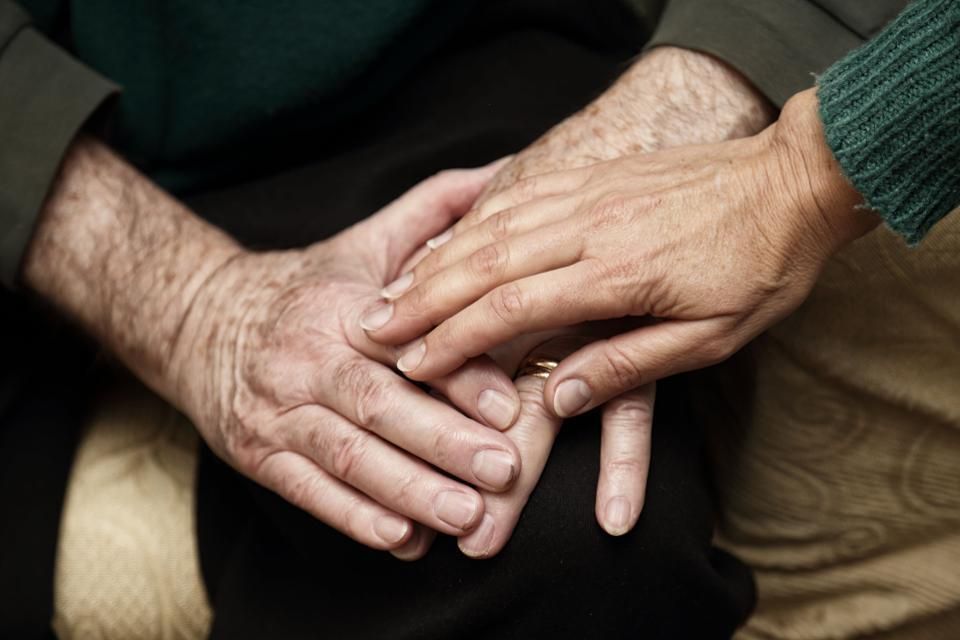
By Sachin H. Jain , Contributor
In 2001, Harvard professor Robert Putnam published his landmark book, Bowling Alone: The Collapse and Revival of American Community, carefully documenting the steady, undeniable decline in social capital in the United States. Putnam’s argument, compelling then as it is now, was simple: Americans are less connected with one another than they were in past generations—and are worse off because of it.
Read more
In 2001, Harvard professor Robert Putnam published his landmark book, Bowling Alone: The Collapse and Revival of American Community, carefully documenting the steady, undeniable decline in social capital in the United States. Putnam’s argument, compelling then as it is now, was simple: Americans are less connected with one another than they were in past generations—and are worse off because of it.
Read more
From CBC Radio
'A compromised life is worth living': Why Ing Wong-Ward Won't Choose Medically Assisted Death

By Anna Maria Tremonti
Ing Wong-Ward, a disability rights advocate, was diagnosed with colon cancer over a year ago. Now in palliative care, she is fighting to make her remaining time meaningful — and to help others to do the same.
Listen here
Ing Wong-Ward, a disability rights advocate, was diagnosed with colon cancer over a year ago. Now in palliative care, she is fighting to make her remaining time meaningful — and to help others to do the same.
Listen here
From CBC Radio
One Year After MAID: A Husband Talks About Being the Spouse Left Behind

In CBC's second show exploring the impact of Medical Assistance in Dying (MAID) they speak to Clifford Campbell. His wife Noreen was among the first to be approved for and to receive MAID. He tells Brian what it's like to be the witness to suffering, party to assisted death, and the spouse left behind.
Listen here
Listen here
From BBC
Dr Kathryn Mannix explains why we should all talk about dying
IMHO dying is not as bad as you think. Powerful piece from Doctor Kathryn Mannix on why we need to talk about death. Dr Kathryn Mannix, palliative care consultant and author of 'With The End in Mind' talks about death and what death is like. One of the things that people will notice is that you are more tired than you used to be.
From Huffpost
Compassion Fatigue is a Reality Of Dementia Caregiving

By Gail Elliot
If you are connected to the world of dementia care, the demands are many. In your quest to help others, are you taking time to care for yourself?
Read more
If you are connected to the world of dementia care, the demands are many. In your quest to help others, are you taking time to care for yourself?
Read more
From CBC
How a Toronto Hospital Uses Virtual Reality to Grant Dying Patients a Wish
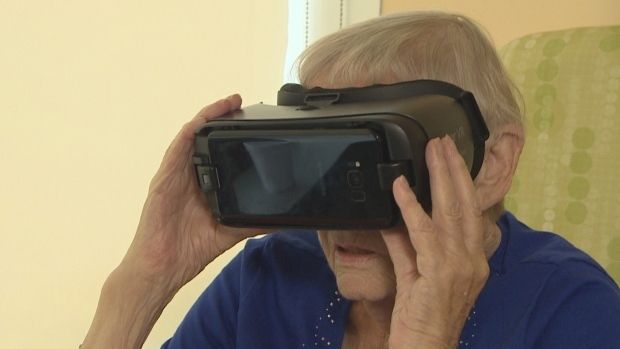
Meike Muzzi is not dressed for travel.
Hospital bracelets in all three primary colours encircle her wrinkled right forearm, a gold bangle on the left.
But she says she's ready for today's trip — the promise of an escape from the Toronto palliative care ward in which she's spent the past five weeks waiting to die.
Read more
Hospital bracelets in all three primary colours encircle her wrinkled right forearm, a gold bangle on the left.
But she says she's ready for today's trip — the promise of an escape from the Toronto palliative care ward in which she's spent the past five weeks waiting to die.
Read more
From CBC Radio
'Grief needs to be expressed': How facing death allows us to live more fully

Julia Samuel would like everyone to get more comfortable talking about death and grief.
She's a grief psychotherapist who works with people dealing with loss. Her new book is called Grief Works - Stories of Life, Death and Surviving. She tells Anna Maria Tremonti on The Current that the Victorians couldn't talk about sex but they were comfortable with death — now she says the opposite is true. "We feel it viscerally, it's very uncomfortable. It puts us in touch with our own mortality," says Samuel.
Read more
She's a grief psychotherapist who works with people dealing with loss. Her new book is called Grief Works - Stories of Life, Death and Surviving. She tells Anna Maria Tremonti on The Current that the Victorians couldn't talk about sex but they were comfortable with death — now she says the opposite is true. "We feel it viscerally, it's very uncomfortable. It puts us in touch with our own mortality," says Samuel.
Read more
From ICPCN
The role of palliative care when caring for children with cancer
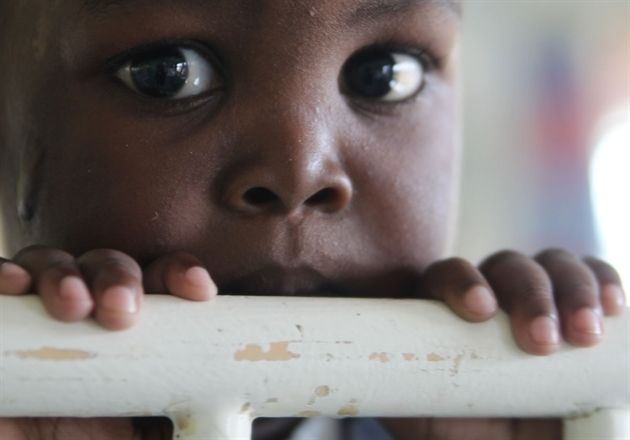
On International Childhood Cancer Day, this article highlights the vital role palliative care plays in the care of children with cancer, and their families.
Read more
Read more
From the Globe and Mail
What is Home? A Hospice Volunteer's Story
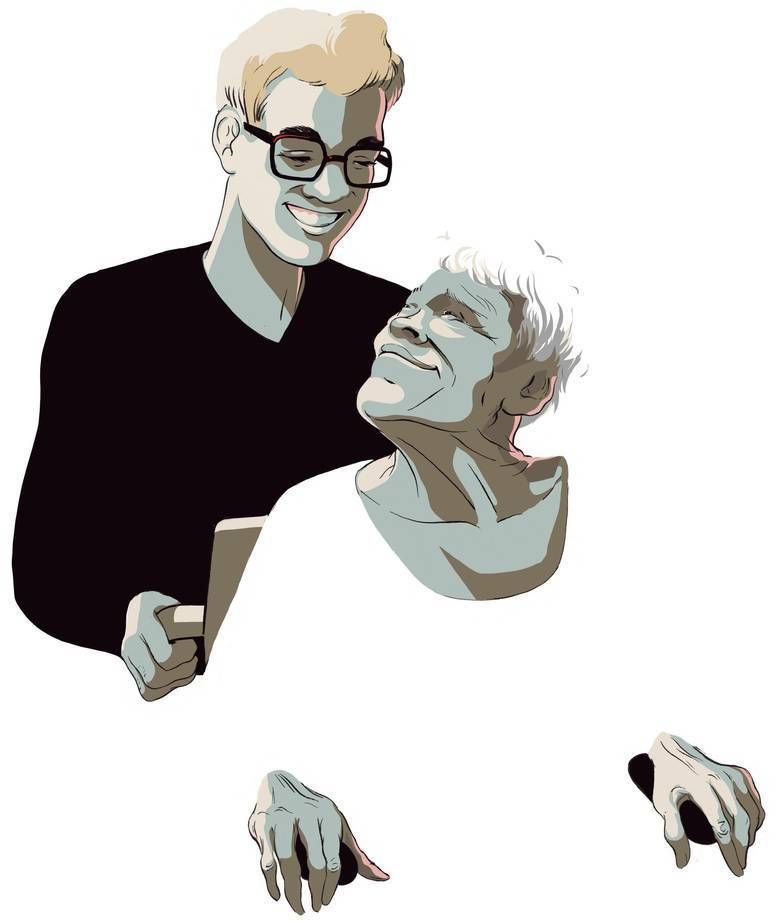
Eric Démoré rediscovered a sense of home, far from where he grew up, in the unlikeliest of ways.
Read more
Read more
From the Camrose Booster
Men Gather for Cooking, Conversation, and Companionship
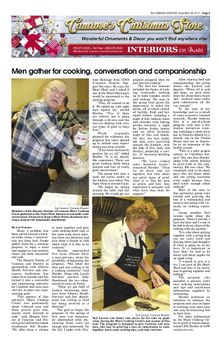 PDF
PDF
From National Geographic
Kiwi Coffin Club Throws Glitter on the Idea of Dying
A growing number of New Zealand senior citizens are taking matters of death into their own hands through paint, song, and dance.
Read more
Read more
From CBC News
A hospice story: The 'amazing' last days of Diana Fitzharris
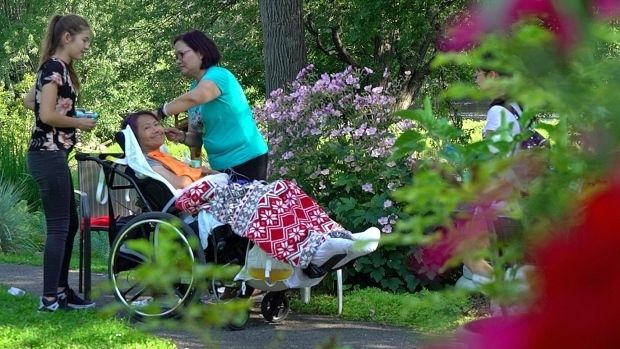
Hospice care helped Diana Fitzharris, a Canadian woman diagnosed with ALS, to more comfortably live out her final days in the company of her husband and 14-year-old daughter. CBC producer Diane Grant, whose own husband died in hospice care, shares their heart-wrenching story
Read more
Read more



